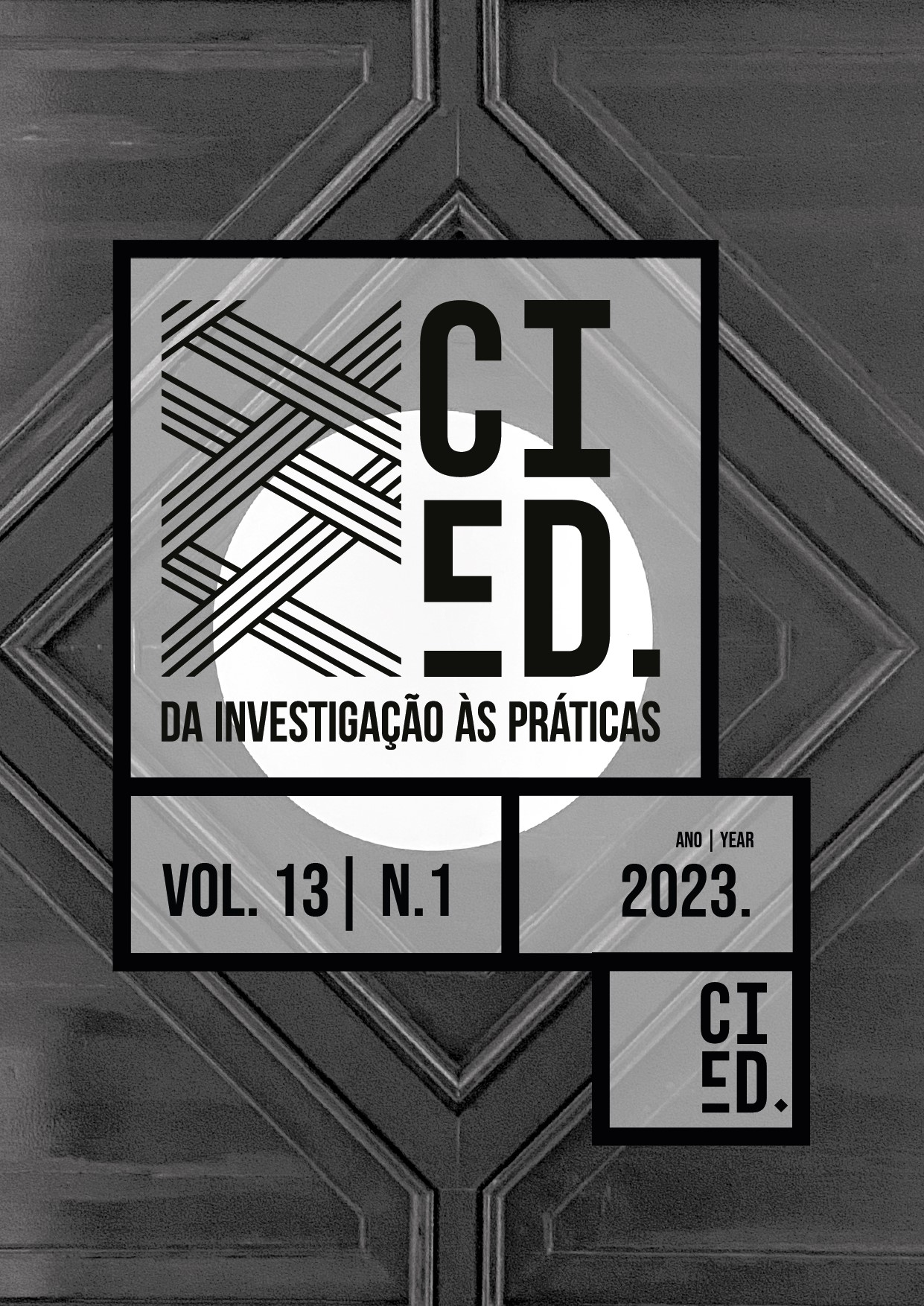TV Extension: Participative Methodologies and Education Through Work
DOI:
https://doi.org/10.25757/invep.v13i1.320Keywords:
Extension, Audiovisual, Workshop, MethodologyAbstract
The Project TV Extension aims to disseminate and integrate the different experiences and actions of extension and culture in the Faculty of Letters and Language at the Federal University of Rio de Janeiro (UFRJ); create a continuous programming that has as contente programs, interviews, cultural and formative suggestions produced by the University extension; develop content to store on social networks and create training workshops opened to internal and external audiences. The Project has as theoretical assumptions the concepts of polytechnics (SAVIANI, 2007), inter-semiotic translation (PLAZA, 2003) and interdisciplinarity.
Until now. Four workshops have been done throughout 2020 and 2021. The preparation and realization of these workshops were based on GEM concepts about the idea of creative workshop (MAIA, 2020). In addition to the workshops, social networks of the Project were created in order to publish and disseminate other projects from the Faculty.
The goal is to increase the dissemination of extension not only in the University, but also outside of College, since there is a lack of understanding about the word extension and its importance.
The project has as its objectives the creation of new interdisciplinary workshops inside and outside the University; the increase in the production of its own materials, with the workshops and interviews produced by the project; and the publication of more videos. With this, it is expected that the extension can be shared and disseminated throughout the community.
Downloads
References
ALVES, Castro. O Navio Negreiro. Disponível em: <http://dominiopublico.gov.br/downloadtexto/bv000068.pdf>. Acesso em 20 Dez. 2021
ALENCAR, A. M; MORAES, A. L. (2005 junho/dezembro) O OULIPO e as oficinas de escrita. Revista Terceira Margem, Ano IX, nº 13, p. 9 -28.
BARBARO, Umberto (1965). Argumento. In: Elementos de Estética Cinematográfica. Rio de Janeiro: Civilização Brasileira, 1965.
CÂNDIDO, Antônio (2004). Recortes. Rio de Janeiro: Ouro Sobre Azul.
FAROCKI, Harun (2017). Instrumentalização do Pensamento. In: O Trabalho com as Imagens. Fortaleza: Centro de Narrativas Audiovisuais.
GULLAR, F. (2008). Muitas Vozes. In: Poesia Completa... RJ: Nova Aguilar.
JAKOBSON, R. (2010). Aspectos Linguísticos da Tradução. In: Linguística e Comunicação. Trad. Izidoro Blikstein e José Paulo Paes. 22ª ed. SP: Cutrix.
MAIA, P (2020 setembro/dezembro). Travessias: Palavra-Imagem. Revista Terceira Margem, v. 24, n. 44, p. 32-49.
PLAZA, Julio (1987). Tradução intersemiótica. São Paulo: Editora Perspectiva.
SAVIANI, Dermeval (2007 janeiro/abril. Trabalho e educação: fundamentos ontológicos e históricos. Revista Brasileira de Educação v. 12 n. 34.
Downloads
Published
How to Cite
Issue
Section
License
Copyright (c) 2023 Milene Bandeira Almeida, Bernardo Oliveira

This work is licensed under a Creative Commons Attribution 4.0 International License.
Articles published or submitted to Da Investigação às Práticas are licensed according to Creative Commons Attribution License (CC BY 4.0). Authors agree that:
Copyrights of all articles published are retained by authors with first publication copyright granted to the journal.
All articles are under the Creative Commons Attribution License recognizing the authorship of the publication and identifying that first publication took place in this journal.
Authors have the right to free distribute or make available in private or institutional pages the version published by Da Investigação às Práticas: Estudos de Natureza Educacional provided the original proper citation.
The journal only accepts articles not published previously (except in the form of an abstract or as part of academic thesis), that it is not under consideration for publication elsewhere. After published, the article cannot be published again partial or totally without the editorial board consent.





 e-ISSN: 2182-1372
e-ISSN: 2182-1372